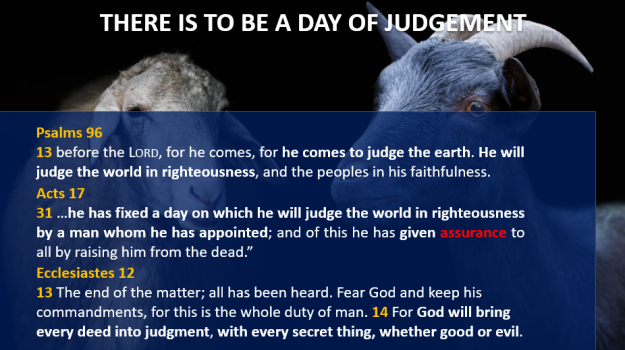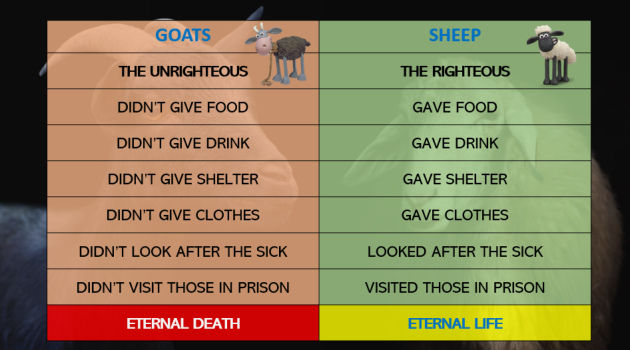Yes, we are accounted as righteous by faith and we have access by faith into grace apart from works. (Romans 4:5-6; 5:1-2) Although this faith does not remain alone - "barren of works" (James 2:14) it's still belief/faith that trusts in Christ alone for salvation that saves us from beginning (Ephesians 2:8) to end (1 Peter 1:9).
James 2:14 says,
“What
doth it profit, my brethren, though a man say he hath faith, and have not works? can faith save him?”
The answer to this question is… “No” because…
James 2:17 says,
”Even so faith, if it hath not works, is dead, being alone.”
So you need works or you have a dead faith.
A dead faith will not save you.
So belief alone will not save you as you claim (even though you claim that works will be there to show a true faith as if to say the same thing I am saying). For can you be saved by a belief alone without works? If not… then works are required as a part of salvation.
I mean stop a moment. Are you really concerned with doing good works? Do you do good works because you think they are needed to show how you must have a faith that saves? Either way… you need works to have salvation. If not, then don’t be concerned with good works (if they are not salvific). You cannot escape it unless you join the Hyper Grace crowd (Whereby their belief is consistent when they say they believe they are saved by a belief alone in Jesus + nothing else). Again, you are just not able to see the contradiction of your own belief at this time.
As for your mention of Ephesians 2:8:
Well, Ephesians 2:8 is in reference to our Initial Salvation (See: Ephesians 2:1-4).
Ephesians 2:9 is in reference to how we are not saved initially by works (or man directed works alone done for salvation whereby we would boast in ourselves - which was brought up because of the problem of those who were being deceived into thinking they had to be first circumcised in order to be saved - See: Acts 15:1, Acts 15:5, Acts 15:24, Galatians 5:2, Romans 2:25-29, Romans 3:1, Romans 4:9-12, etcetera). For if a person thought they had to first be circumcised to be saved would be bypassing the grace of God (Involving our Initial Salvation). Circumcision is a part of the Old Law (i.e. the 613 Laws of Moses) that we are not under (See again Acts 15, Acts 13:39).
But in Ephesians 2:10 it changes and switches gears to talking about the works we do in Christ Jesus (Which we are ordained that we should walk in them). Ephesians 2:9 is not these same works because nobody boasts in the works of Christ because they come from the LORD (John 15:5) (Philippians 2:13), and boasting is excluded when it comes to the law of faith. So anything outside of the law of faith would be boasting.
As for your mention of 1 Peter 1:9:
1 Peter 1:9 says,
“Receiving the end of your faith,
even the salvation of
your souls.”
This is tied in with the next chapter that says,
”And a stone of stumbling, and a rock of offence,
even to them which stumble at the word, being disobedient: whereunto also they were appointed.” (1 Peter 2:8).
This does not sound like belief alone in the finished work of the cross for salvation here. It says that there are those who stumble at the word being disobedient whereby they are appointed. This does not sound like a good end for those who are stumbling at the Word.
In fact, 1 Timothy 6:12 is another verse that talks about salvation we must do today all the way to the end to the saving of our souls.
It says, “Fight the good fight of the faith. Take hold of the eternal life to which you were called when you made the good confession before many witnesses.” (1 Timothy 6:12).
So you have to fight and not just believe In order to take hold of eternal life (salvation in the end).
In Hebrews 11, notice in all of these occurrences that is was "by" or "out of" faith, not faith is in essence, these acts of obedience/works. Their faith was genuine and it was shown by their actions (works) so all of these works accomplished in Hebrews 11 were done "by" or "out of" faith, but those works are not the essence of faith, only the evidence (fruit) of faith. That is absolutely critical to understand. We are saved through faith at it's origin and not at some time later, based on the merit of works. Faith is the root of salvation and works which follow are the fruit. No fruit at all would demonstrate there is no root.
By can sometimes just mean
by or from as we see in Romans 5:1 that says,
”Therefore being justified
by faith, we have peace with God through our Lord Jesus Christ:” (Romans 5:1).
By the way, this Greek word “ek” in this verse above for the English word ”by” can mean ”out of,” but obviously you would not interpret it that way in this instance; And neither would I.
There is no real distinction in Hebrews 11, though. It uses the word “by” and “through” to refer to faith.
For example: The words “Through faith” is used to describe a belief alone in Hebrews 11:3, and yet it is used to describe how Moses kept the Passover in Egypt.
Hebrews 11:3
”Through faith we understand that the worlds were framed by the word of God,…”
Hebrews 11:28
”
Through faith he kept the passover, and the sprinkling of blood, lest he that destroyed the firstborn should touch them.”
This merely shows there really is no distinction between a belief alone and acting in faith. Both are exercising faith.
It’s like God telling you to walk across a bridge that looks like it is going to fall apart to help the people on the other side.
God assures you that you will be okay. So if you don’t obey, you did not have faith.
Noah had already "found grace" (Genesis 6:8), was "a preacher of righteousness" (2 Peter 2:5), and "walked with God" BEFORE he built the ark. His obedience was a DEMONSTRATION of his faith, not the origin of it and building the ark saved Noah and his family (physically) from drowning. (Hebrews 11:7)
This is just silly. Noah would not be saved even spiritually if he refused to build the Ark and he just believed God was correct in everything that God said and he perished in the flood. Faith alone would not save him. You say that Noah’s faith was a demonstration of his faith. But that is saying that is a part of his faith. A Christian can demonstrate how they love somebody by their actions. If they do not love a person, then no loving actions would flow. So a Christian loving in their actions is love. For God so loved the world that He gave His only begotten Son. They are connected and you cannot separate the Love of God from God’s loving actions. Where there is one, there is the other will be always. James says he will show you his faith by his works. This means they are also not disconnected. James says works makes one’s faith perfect. This is not possible if there is not a symbiotic relationship between them that cannot be broken. Yet, you try to separate the two as if they are completely foreign to each other. The work of God is not separate from God anymore than the work of faith is separate from the faith. Faith comes by hearing the Word of God (Romans 10:17). So faith is everything in your Bible. You have to believe everything that is written. The Holy Bible is the faith. You have to believe all of it including the parts where God tells you to do good works (Ephesians 2:10). Hence, works are a part of your faith because you are only following what the Bible says by faith. You really cannot escape that and say that this part of the Bible is not something you are to believe or trust in by faith. This is what is dumb about your belief here. You attempt to dissect out certain parts of the Bible that you don’t like to be a part of the faith.
The flood was an example to all who would live ungodly thereafter (2 Peter 2:4-6).
They perished because they were wicked.
If Noah lived as wicked as them, he would have perished, too.
If Noah refused to build or get on the Ark, he would have perished and he would have been in rebellion towards GOD and he would not be able to enter the Kingdom of God. So a belief alone (with no works) would not save Noah’s eternal soul. Works of faith were needed as a part of his faith. For by faith, Noah prepared an Ark to the saving of his household (Hebrews 11:7). Noah was not doing something that was not rooted in faith. Noah was believing God by his obedience because God was telling him to build the Ark.






